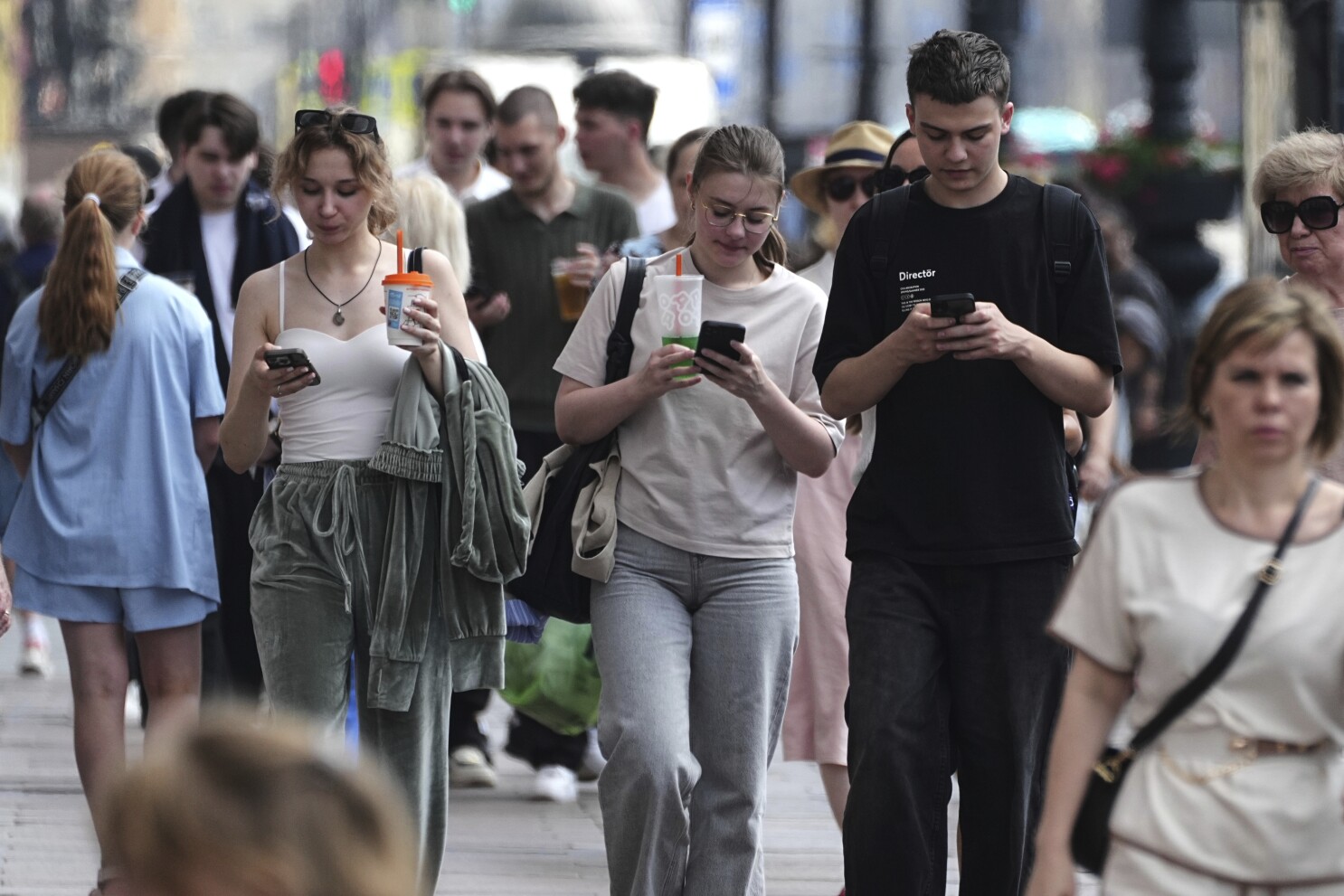In a sweeping move that signals a dangerous shift in digital freedoms, Russian President Vladimir Putin has intensified efforts to shape Russia’s state controlled internet a growing system where freedom of expression is replaced by surveillance and censorship. The Kremlin’s latest crackdown targets not just foreign apps and websites, but the very tools Russians have used to access unfiltered information.
The Shift Toward a State Monitored Internet
Over the past decade, Russia has steadily moved toward tightening its grip on the digital sphere. However, the process has dramatically accelerated in the wake of geopolitical tensions, war time propaganda, and Putin’s firm resolve to isolate the country from foreign influence.
This past week, President Putin signed new legislation that makes it illegal to use Virtual Private Networks (VPNs) and other tools that allow Russians to bypass online censorship. This is a direct assault on citizens’ efforts to access global news, communicate freely, and maintain privacy.
Yulia’s Fight for Digital Freedom
Yulia, a freelance journalist based in St. Petersburg, recalls how she used VPNs to access international news outlets and upload content to platforms like Medium and Substack. The government shut down our local news portal. VPNs were the only way to stay informed or publish uncensored work, she says. Now even that feels risky. Every click is under watch.
The centerpiece of this shift is a new state sponsored messaging app called MAX, which will be pre installed by law on all smartphones sold in Russia starting next month. This mirrors China’s Great Firewall strategy, where homegrown platforms operate under government surveillance, effectively replacing American tech like YouTube, WhatsApp, or Instagram.
What’s at Stake
Cybersecurity experts and digital rights activists warn that Russia’s state controlled internet could become one of the most restrictive in the world. Dr. Elena Sorokin, a former IT analyst with Moscow State University and now a digital rights advocate in exile, says, The goal is to build a self contained internet environment where the Kremlin controls what people read, say, and share. It’s not about protection; it’s about domination.
According to the non profit group Access Now, Russia has increased its digital blockades by over 60% since the beginning of its Ukraine invasion. These include blocking independent media, social networks, and even Wikipedia pages that contradict official narratives.
The Domestic Tech Ecosystem: A Controlled Alternative
Russia is also focusing on creating local versions of popular Western apps. This includes the Yandex search engine and RuTube, a heavily censored alternative to YouTube. Now, MAX is expected to become the default messaging service, tightly integrated with government databases. Alexander Lebedev, a Russian app developer now living in Latvia, explains the strategy,
“MAX will likely be linked to your national ID. Every message you send, every contact you add, will be known to the government. These efforts are part of a broader ambition: to transition millions of Russian users from global platforms to homegrown alternatives controlled under the watchful eyes of the state.
Digital Iron Curtain: Echoes of the Soviet Past
While the methods are modern, the philosophy mirrors the Soviet Union’s strict control over information. The term Digital Iron Curtain is now being used among activists to describe Russia’s state controlled internet, and for good reason.
The Student Protester, Dmitry, a 19 year old university student, was fined heavily for organizing a protest using a Telegram group accessed via VPN. I only wanted to speak the truth about the war, he says. “Now, I’m scared to even open my phone.”
The repression extends to entertainment as well. Western films, TV shows, and books that contain “undesirable narratives” are routinely blocked or edited. Even children’s content is now being vetted for ideological alignment.
Life Inside the Firewall
For millions of Russians, especially the youth, the shift toward a state controlled internet has caused a growing sense of isolation and disillusionment. It feels like we’re being cut off from the world, says Katya, a 22 year old marketing graduate.
All our favorite apps are blocked, and alternatives don’t work or feel creepy to use. It’s like we’re in a digital prison. Businesses, too, are feeling the squeeze. Small startups that rely on international tools like Slack, Zoom, or Google Docs find themselves unable to function properly, losing clients and revenue.
International Reactions and the Future
Global human rights organizations have condemned the Kremlin’s digital crackdown. The United Nations Special Rapporteur on Freedom of Expression, Irene Khan, called the moves “a systematic assault on human rights and civil liberties.”
Despite growing pressure, the Russian government seems undeterred. With state run media pushing narratives that “Western internet is toxic,” and portraying VPNs as tools of espionage, public opinion within Russia remains fractured.
Still, hope remains among those fighting back. As long as people want truth, they’ll find ways to get it, says Yulia. “But it’s getting harder every day.”
What Lies Ahead for Russia’s Internet?
With technologies like deep packet inspection (DPI), AI surveillance, and digital fingerprinting, the Russian state is increasingly capable of tracking and punishing dissenters. However, these advancements have not gone unnoticed. Tech analyst Pavel Andreyev notes,
The global community must push back.
This isn’t just Russia’s issue it’s about the future of a free and open internet. In summary, Russia’s state controlled internet is no longer a dystopian concept, it’s unfolding in real time. Through legal pressure, technological enforcement, and ideological propaganda, the Kremlin is building a parallel digital universe where surveillance is routine and dissent is dangerous.
